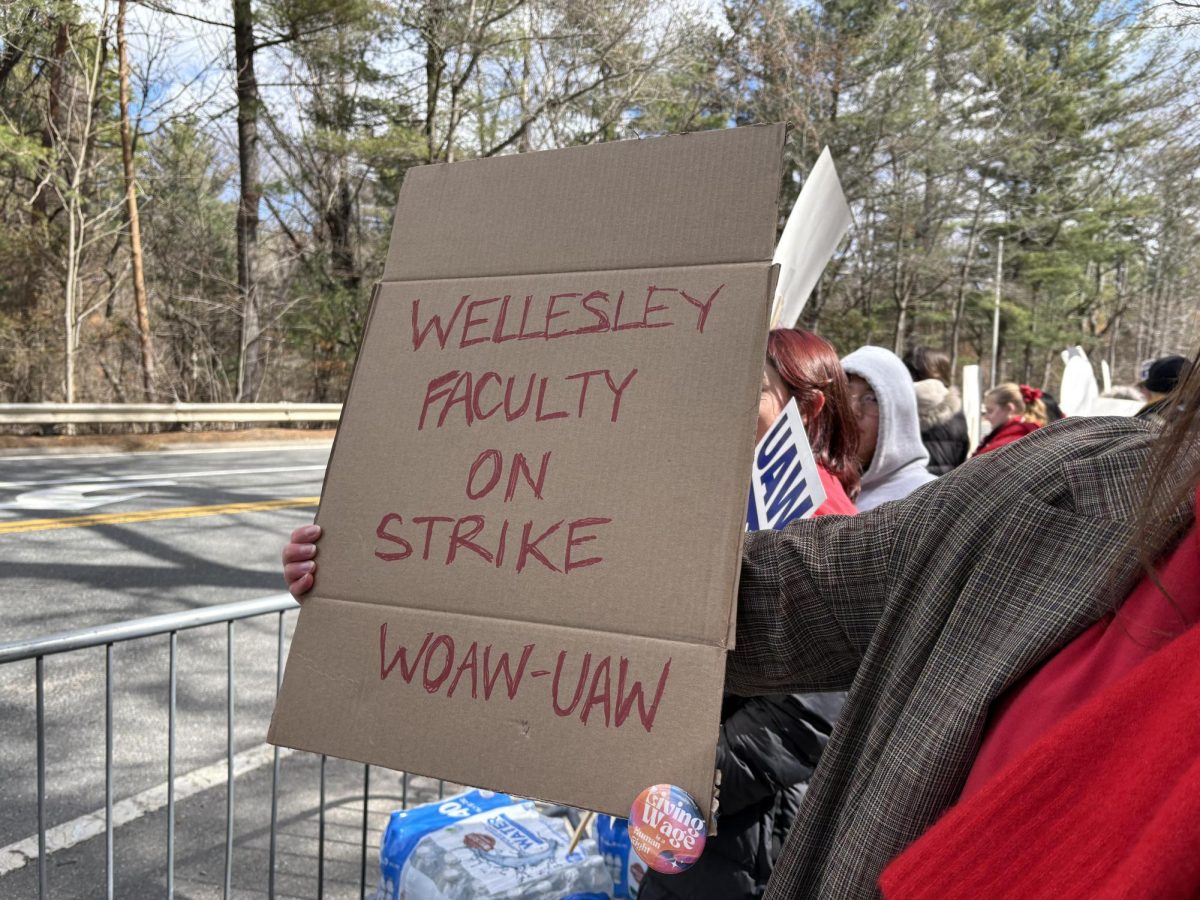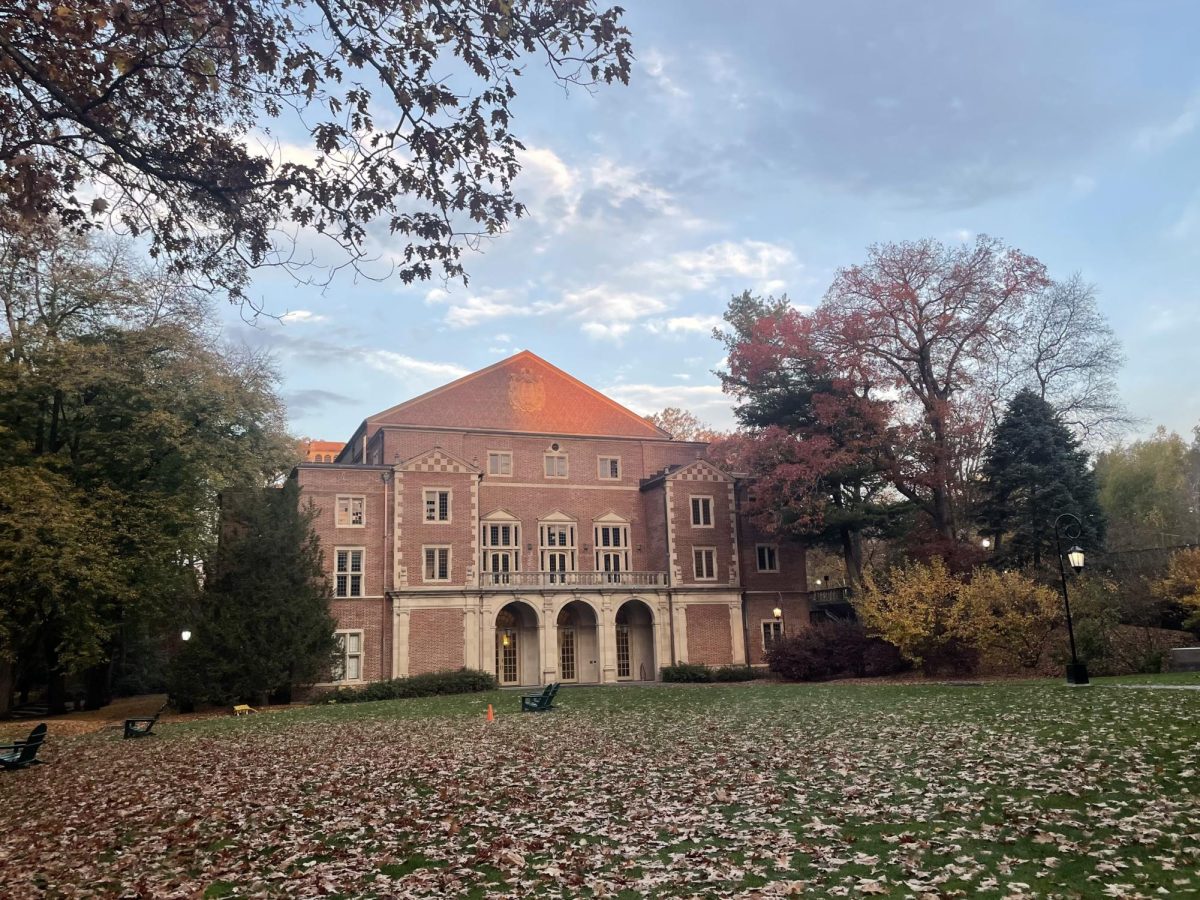The Free Application for Federal Student Aid (FAFSA) recently implemented the FAFSA Simplification Act for the 2024-25 academic year in hopes of making the application process more convenient as well as more inclusive of the student’s experiences.
The changes, which were placed into effect on Dec. 31, 2023, aim to create a simplified version of the form for applicants and their families. Other changes include the Student Aid Index (SAI) replacing Estimated Family Contribution, higher security when transferring information from the Internal Revenue Service (IRS), an increase in Pell eligibility overall, and siblings who are also in college no longer counted in the new SAI.
“There are also changes to FAFSA terminology and definitions, such as replacing “custodial parent” with “contributor,” Director of Student Financial Services Bonnie Quinn said.
Recent changes to the FAFSA are part of a set of changes to streamline the financial aid process. The most significant update since the Reagan administration, the new FAFSA will award Pell Grants to more students than ever, have fewer questions with the application being available in more languages, and will allow students to apply for aid at more schools.
“These changes are intended to make the process easier and lower barriers for students, especially those from low-income communities who may not have completed the form due to complications in previous years,” Dean of Admission and Financial Aid T. Peaches Valdes said.
However, many students and families struggled with the newly implemented changes
“The launch of the new FAFSA did not go as smoothly as planned and colleges and universities are navigating these challenges,” Quinn said. “However, students will not be negatively impacted and schools, like Wellesley, are working hard to ensure that there is no disruption to the student experience.”
Because the new changes were enacted at the end of the year rather than the deadline for early-decision and early-action application rounds, which are usually on Nov. 1, students believe that it creates uncertainty.
“The change puts financial stress on low-income students who are dependent on regular access to payment dues in order to know if they can afford the following school year,” Shadia Suha ’27 said.
Uncertainty around how changes in families’ employment status have also put pressure on students who may be navigating the process of financial aid on their own. Students may not have the information regarding employment changes in their family between now and the last time they filled out the FAFSA, and newer changes further exacerbate uncertainty around how much aid they’ll receive.
Talulah Juniper ’27 furthered that “I did [the financial aid process] more on my own this year which was hard because I don’t have the information needed. Our employment status is also different this year.”
Furthermore, the new FAFSA is set to get rid of the “sibling discount,” which took into account the number of children a family had in college at a given time. The new calculation will not consider siblings in college, increasing the cost of attendance for families with multiple children attending college at once.
Juniper, who has a sister also enrolled in college, mentioned that this change has made the process more confusing for their family.
“It’s complicated with my sister because she is largely financially dependent on my parents but we can’t claim her as a dependent anymore,” they said. “They pay for her schooling and everything but now, even on top of the massive payments they’re making to Wellesley, FAFSA only sees them as paying for one child’s education.”
The new FAFSA application represents an overhaul in the system of financial aid in the world of higher education. However, the delays along the way as well as the lack of information have left students confused and seeking answers. The impacts will be felt by students in terms of whether or not they will receive aid and if so, how much.
“The changes make me feel somewhat hopeless about the process because they can continue to make it harder for students like me to get aid but that doesn’t change that we need the aid,” Juniper said.




